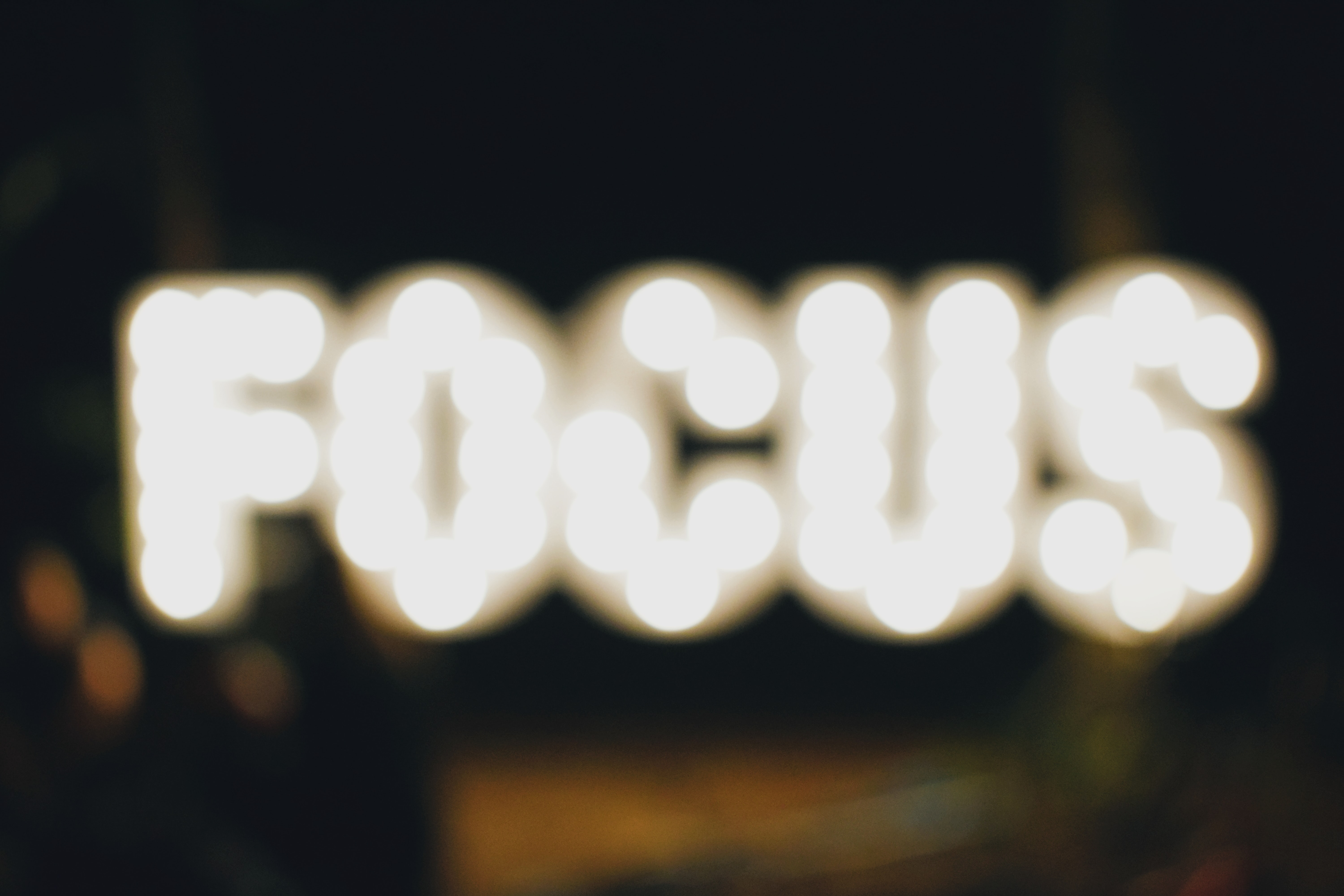Donec efficitur, ligula ut lacinia
viverra, lorem lacus.

Write Words vs Right Words
If you are a writer, there’s a good chance that you’ve experienced writer’s block or you get hung up looking for the exact right words. This is actually half of the reason that I’ve struggled with writing blog posts lately. Writer’s block is an unfortunate part of the job, but there are things that you can do to combat it and see your project through to completion. (Reminder to self!)
Quick Note: These tips are from the perspective of writing a book. They can easily be adjusted for other forms of writing, though.
Outline the Words
The goal is to write things that resonate with our readers. In order to do that, though, one must be able to articulate one’s thoughts. In order to do that, one has to know what one wishes to say. I know there are plenty of writers who are pantsers (write by the seat of your pants) and many who are pretty successful that way, but even pantsers need to have an idea to work with before they start. Having a clear goal is one of your best tools when it comes to staying productive.
As a plotter, I sit down and outline before I attempt to write anything. Whether it’s a book or a blog post, I break it all down by listing the main points or themes first. If necessary, I’ll go deeper and break each main point into smaller, detailed points. Then I outline as much of my book as I can according to the 3 Act Structure. [Note: After discovering Save the Cat! Writes a Novel, I plan to outline according to that for my next project.] I also find it useful to state what my, or my characters’, motivations are so I have a clear focus. I need to know what the message or theme will be so I don’t wander off and get lost while writing when I’m on a deadline.
Write the Words
From what I’ve learned from other writers, doing the actual writing is either the hard part or the easy part. For some people, coming up with the idea is where they get stuck but the words flow easily once they have it. For others, ideas are a dime a dozen but seeing them through to completion feels like pulling teeth. I fall into the latter category but I’ve got a couple of tips for making the writing a little easier.
First, get rid of the distractions to the best of your ability. Turn the phone off, stay off social media, set boundaries with your loved ones, be intentional when you sit down to write, develop specific writing habits to automatically get into the zone when you do them, and keep writing even when you want to give up.
Self discipline is a key player in one’s ability to write a book. The more you want something, and the more determined you are to get it no matter how long it takes, the more likely you are to stick with it and succeed. Cooperation from the people around us is also very important. Sometimes they don’t agree with our need for dedicated writing time, and that can be a major roadblock to finishing one’s work. Set boundaries where you can, and learn how to adapt to everything else. Where there’s a will, there’s a way!
Setting specific writing habits for yourself trains your subconscious mind to be ready to write as soon as you start doing them. For myself, I only drink coffee when I plan to write. I don’t really get an energy boost from the caffeine, but my writer’s brain sure wakes up pretty quick. I’m always focused and ready, even if I’m still a little tired.
The most useful trick that I’ve learned is how to take advantage of writing sprints. Giving yourself several short windows of time in which you try to write as much as possible often results in a greater word count than if you gave yourself all day to write. My favorite time limit is 5 minutes. Everybody has 5 minutes, even if they can only do it once a day, and you can fit it in just about anywhere. If you want to go a little longer, 20-25 minutes makes for a solid session and you can give yourself 5-10 minutes for a break in between.
Take a Break!
This is one of the most important steps and should not be skipped! You need to take a break from your work because your eyes, your mind, and your heart need time to rest once you’ve got the basics down. It takes a lot of work to craft worlds and build lives, and you’re going to need fresh eyes if you want to get it right. Tuck it away and go live life. Read someone else’s book(s), watch movies that you love, and get your mind to experience entertainment from the consumer’s perspective. (This should be an enjoyable task and not feel like more work.)
Depending on the size of your project, your break could be anywhere from a week to a few months. The length should be enough to forget the details of what you’ve already written, but not so long that you lose interest in your story. If you’re on a tight deadline and you can’t afford to stop working for long, do your best to give it at least a week before you pick it up again. Anything less probably won’t be as effective and you could end up struggling through the next draft.
Also, our minds are really good at resetting productivity levels once Monday or the first of the month rolls around since we’re generally conditioned to think of them as beginnings. Use this to your advantage. Regroup at the end of each week or month, see what worked and what didn’t, make a new plan, and then get yourself excited to knock everything off your to do list!
Read the Words
Once you’ve gotten some distance from your first draft, and had time to enjoy other forms of storytelling, it’s time to read through your book. My favorite way to do this is to format and convert the document into a .mobi file on my computer through Calibre, and then upload it into the Kindle folder of my phone (or other viable device) so I can read it in more of a professional looking format. This helps trick my mind into seeing the story as a reader and not a writer.
As I read through the first time, I will take some basic developmental notes so I know what I need to focus on when I switch over to the printed copy of my manuscript. I don’t like to get too detailed just yet because I still need to see my book through the eyes of a reader, and I can’t do that if I’m worried about fixing every little thing during the first read-through.
After I’ve read it once, I set it to the side again for a couple more days before going through the printed copy with highlighters, red and blue pens, and sticky notes. This is when I start slashing the unnecessary bits, filling out underwritten scenes, correcting plot holes and continuity issues, and begin the “show vs tell” transition. (Unless I’m particularly inspired during a scene, I stick to telling in the first draft so I can get the basics down quickly and then switch to showing once I’ve got my editing cap on.)
Right the Words
After all of that, it’s finally time to edit. This is the point where you can take the extra time to make sure you’re sharing the best words with your readers, and that your ideas are focused and your voice is clear. You’ll end up going through your work several times and you’ll find new mistakes or missing pieces each time. Don’t panic if the first edit still has issues that need to be corrected.
Look for plot holes, continuity errors, problems with your characters, etc. Have someone you know read it over to help you pinpoint the areas that need more work. Recruit beta readers to get more opinions. Once you’ve got everything where you want it, then it’s time to make sure it’s easy to read. If you plan to self publish, depending on your financial situation, you’ll want to run your finished draft through a program like Grammarly or the Hemingway editor and/or submit your work to an editor to help you get a polished final product.
It’s important not to get stuck in the drafting phase because you will have time to make it better once you’ve got the framework. It doesn’t have to be finished by the first or second draft. Writing is a process and each step builds upon the previous one until you have something worth sharing. Do the steps in the proper order and you’ll finish in a reasonable amount of time. Try for perfection from the beginning and it’ll take forever.
Conclusion
These are all things that I’ve found extremely useful for writing faster when I remember to implement them. That’s the key, though. They must be practiced regularly and/or in the right order to reap the benefits. When life gets a little stressful, or something big happens that distracts me from daily habits, it can be really easy to forget to sit down and write. If I forget long enough, my brain seems to reset to complete newbie writer status and I struggle to regain my momentum and focus.
I’m working on retraining myself to write without judgment. This is much harder for me at the moment because I’m no longer in the drafting phase. I’m editing my work and I feel like I need to have everything perfect now, but the great thing about going the self publishing route is that I get to keep editing until the story ends up where I want it because I set my deadlines. I know these tips work for me since I’ve used them before, and all I have to do is utilize them again to get back on track.
I hope that this post helps you find your focus so you can speed through your project. No matter what happens along your journey, keep moving forward. Practice fast-drafting and don’t look back until it’s time to edit. Find at least 5 minutes in your day to write so your project stays at the forefront of your mind. Remind yourself why you started writing in the first place. As long as you have the means to record your thoughts, and the motivation to succeed, you have everything you need to finish your story.
Photo by Stefan Cosma on Unsplash
